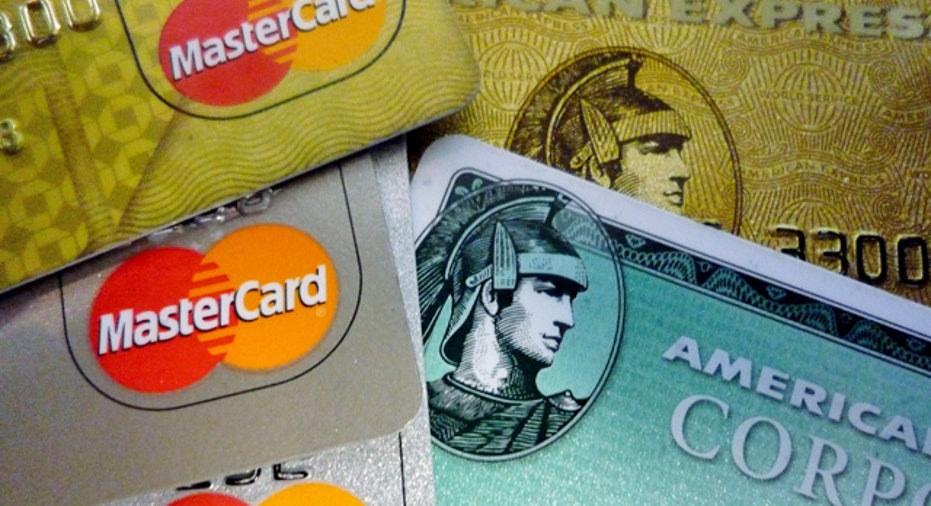Late Fees are Down: the Sequel

Wow, we haven't seen late fees this few and far between since 1994.
That's right, for those who crave good news about our economy, here's some: Late payments to credit cards are down to their lowest levels in the last 17 years.
That's according to TransUnion, the credit reporting agency, which came out with the news this week. The rate of payments 90 days or more past due dropped to 0.06% in the second quarter; last year, it was at 0.92%. Even better, while economists expected late payments to fall, they fell faster in the last quarter than predicted.
In May, we reported that the average amount charged per late fee also declined.
So what's the bad news?
Obviously, there's bad news attached to this good news. One reason late payments are happening less often than they used to be is that the economy scared a lot of consumers, who are being much more careful with their credit cards than they used to be. But since our economy imploded largely due to consumers living beyond their means, this is more good news than bad. It's definitely a positive thing that more people are saving money and spending wisely.
And yet most economists say that in order for the economy to really get moving again, people need to spend money on their credit cards, not to mention their debit cards, their checkbooks and cold hard cash.
So there's a Catch-22 in there somewhere, although TransUnion's report notes that the average borrower's debt increased by $20 in the last quarter to $4,699 per person, so maybe that's a good sign for the economy, especially since individual debt is still at historically low levels.
In any case, even if our financial system could benefit from people spending more money, there's no doubt that late payments are a bad thing for the individual, the credit card issuer and the economy.
The fallout of late fees
After all, late fees are a drag on consumers' ability to spend money, and a collective hit to the corporate world at large, since obviously the funds for a late charge could go to better things, like a night out at the movies, or your kid's college savings account. Plus, some credit cards make you forfeit rewards you've earned when you're late with a payment, kind of the last thing you want to happen when you have an airline card that you've been collecting points on, and a late fee can trigger a high interest rate on a credit card causing that once beloved low interest credit card to be less beloved. They can also harm your credit score, making it harder, of course, to obtain credit.
In fact, late fees have to rank right down there with least enjoyable ways to spend your money, right alongside video rental fees and traffic fines.
Citigroup Simplicity card: No late fees
Which may explain why and how Citigroup came to recently offering their ingenious Simplicity credit card, which boasts no late fees. Of course, there is no free lunch. While the no late fee thing is great, you'll pay dearly if you carry revolving debt, since the APR is 16.99%, compared to the average credit card APR of 14.40%. But that may not bug you if you simply despise late fees and are surely celebrating the news that people are paying less of these charges than they used to.
And so the country has a better record of on-time credit card payments than we've seen since 1994. Hopefully that's a trend that will continue, and we can continue to make some new records in the third and fourth quarters, so that someday personal finance writers are writing sentences like, "Wow, we haven't seen late fees this few and far between since 2011."
The original article can be found at CardRatings.com:Late fees are down: the sequel
Related Links



















